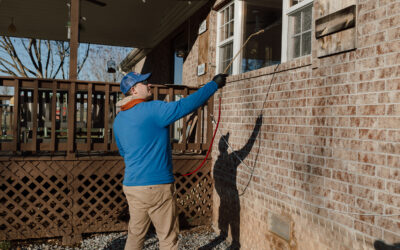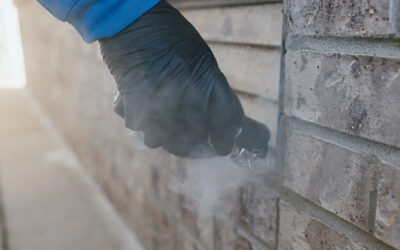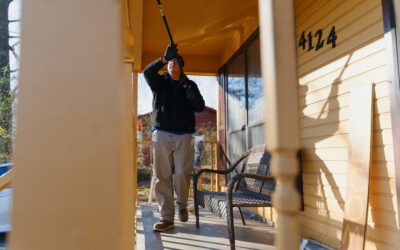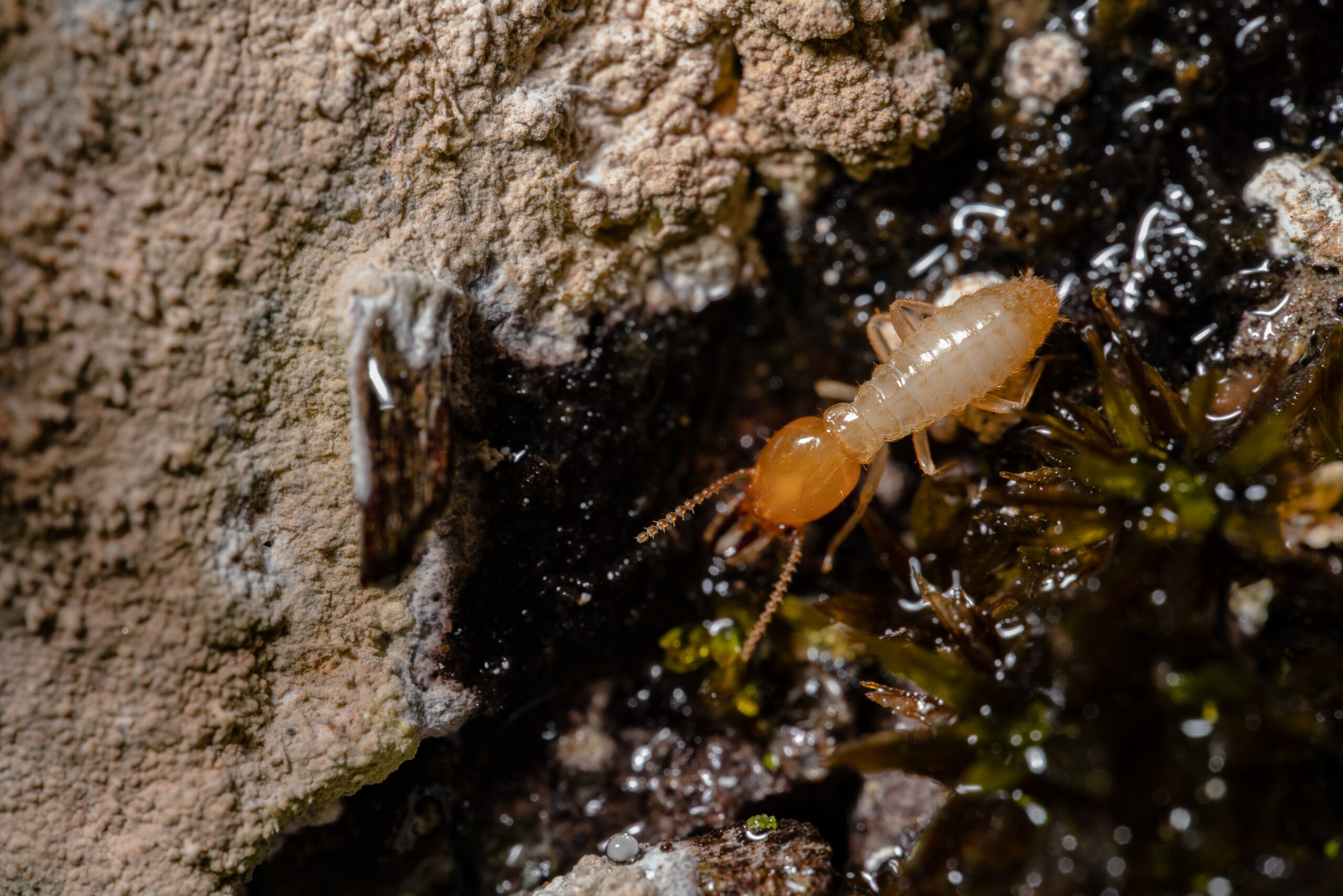
DIY vs Professional Termite Control: Which is the Best Option for Your Situation?
Discovering a termite infestation in your home is any homeowner’s nightmare.
You paid a lot of money for your home, and the fact that it’s full of creepy-crawlies that are causing potentially serious damage to its structural integrity can be simply too stressful to bear.
Termites are not dangerous to humans in the sense that they don’t really carry a significant risk of transmitting bacteria into your home, nor do they bite or sting.
However, they do eat wood– which means that the structural timbers of your home are at serious risk.
If you’re concerned that you’ve got termites in your house, don’t panic. This is a solvable problem, and the experts here at West are prepared to help your home return to normal.
How can I tell if I have a termite problem?
Even though termites live within the walls and structural timbers of your home, they can still leave some subtle signs that can alert you to their presence.
Noticing anything unusual about wood within your home, like warped door or window frames, hardwood floors that are squeaky when they weren’t before, or strange-looking tiny holes in your drywall, can all be indicators of an infestation.
You might also notice mud tubes outside your home– subterranean termites live underground and travel to their food sources via mud tubes. If you see these pop up outside your home, you’re probably dealing with an infestation.
The paint within your home might also start to look funny– like it’s bubbling, or peeling from water damage. If there hasn’t been any water damage, this can also be an indicator of the presence of termites.
How can I get rid of termites on my own?
If you look around on the web, you’ll probably find some tips and tricks posted by well-meaning people. They might encourage you to use essential oils and dish soap around the wood surfaces in your home to make the wood unappealing to termites.
People might suggest the use of borax powder or diatomaceous earth, which are good DIY solutions for other kinds of pest control (like bedbugs)– but they won’t do much to address a termite problem.
However, there’s simply no DIY solution that’s nearly as effective as professional pest control.
The reason for this when it comes to termites is simple. They live within the structure of your home, in spaces that you cannot access without the right equipment, and cannot treat without the right tools or chemicals.
A pest control professional knows what to look for and where to treat the problem, while you’re much less likely to be able to fully address it– especially if this is your first run-in with termites!
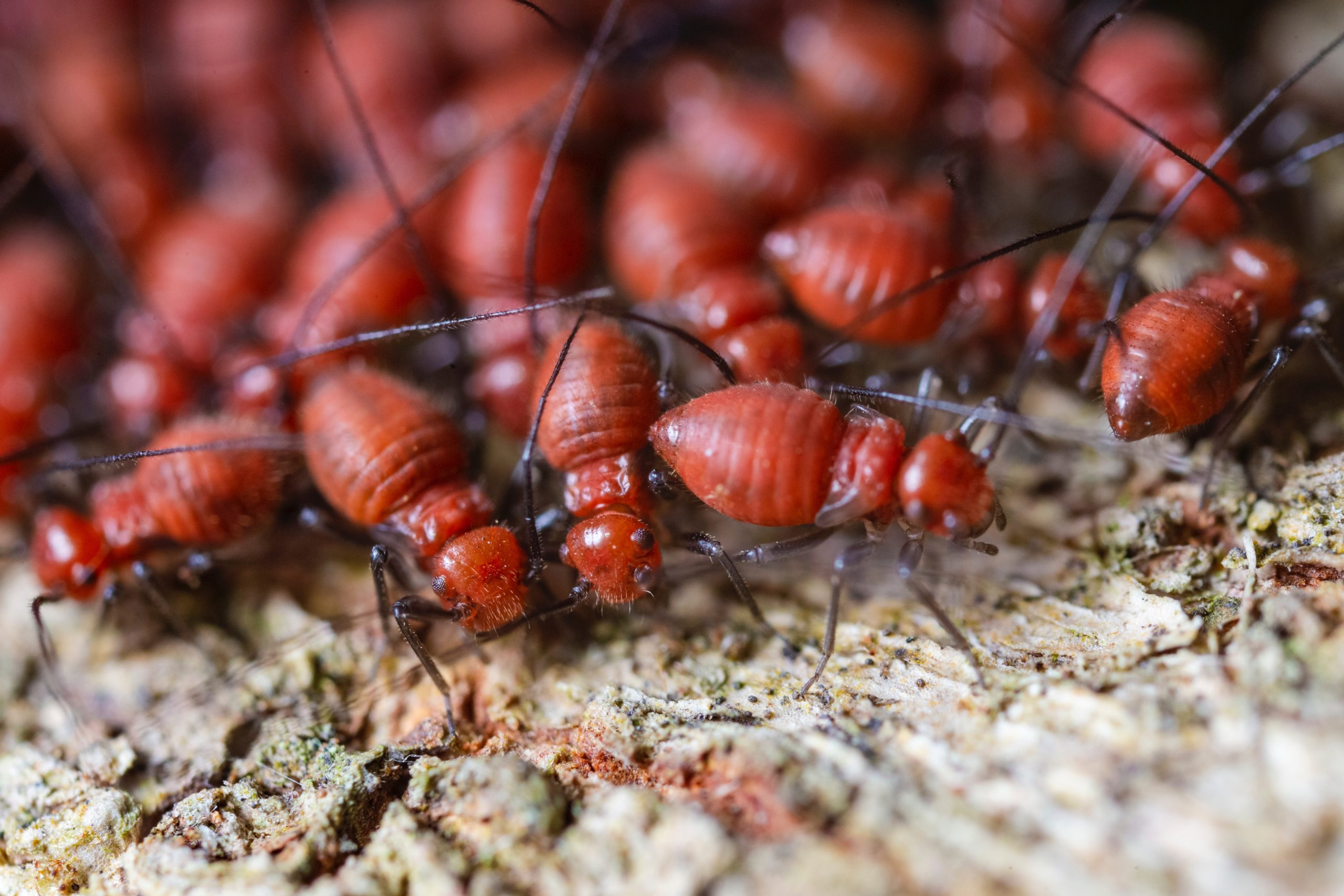
How should I handle my termite infestation?
Your first order of business should be contacting a pest control company, like the experts here at West.
This is a matter that definitely should not be put off. The longer you wait to deal with your termite problem, the more structural damage the critters could be causing to your home. If you wait too long, the results could be disastrous.
Any DIY efforts might decrease termite activity on a surface level, but can’t come close enough to the problem to fully eradicate the infestation.
If you suspect that you might be dealing with a termite infestation, give West a call. We’ll conduct an inspection and confirm whether or not termites are the problem– and then go about treating it right away, allowing you and your family to continue enjoying an insect-free, structurally safe home!
More posts from West Termite, Pest & Lawn
Pestproofing Entry Points Before Spring
As spring approaches in Arkansas, homeowners face an increased risk of pests seeking warmth, food, and shelter. Many infestations begin with small, unnoticed entry points that allow insects, rodents, and other pests to move indoors. Pestproofing your home before the...
Early Spring Termite Activity in Arkansas
As Arkansas begins to warm in early spring, homeowners may assume termites remain dormant until the summer months. In reality, spring termite colonies can become active much earlier, especially as soil temperatures rise and moisture levels increase. Subterranean and...
Preparing Your Home for Early Spring Pests
As winter fades and temperatures rise in Arkansas, homes become vulnerable to a fresh wave of early spring pests. Early spring is a critical time to take preventive action because insects, rodents, and other pests start emerging from dormancy, seeking food, warmth,...

